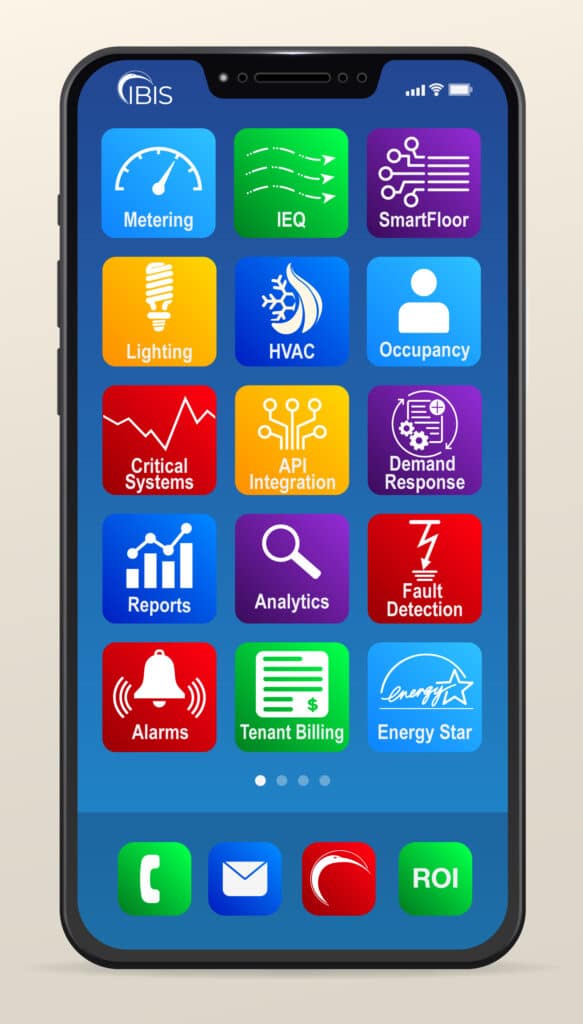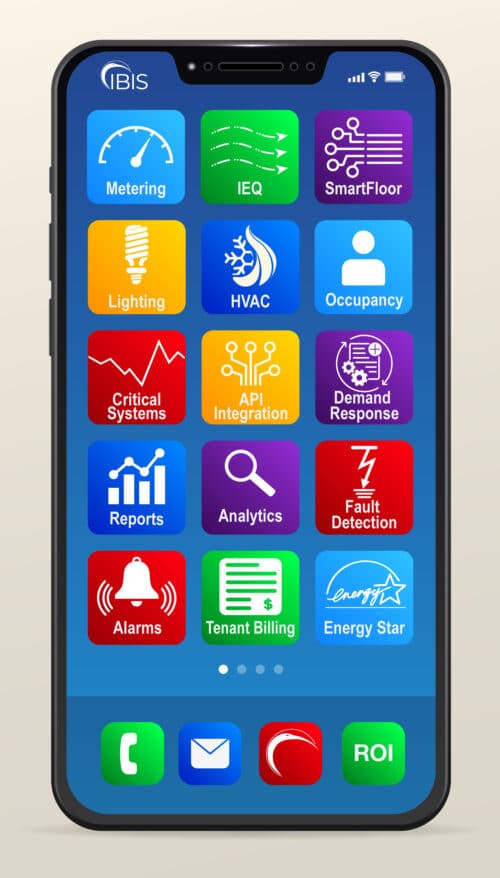
One hurdle or question that we, as a Master System Integrator and Smart Building Software provider, often encounter within the industry is: Why do we need an MSI or a Smart Building Platform if we already have various building systems like HVAC controls, lighting controls, metering systems, etc., that are already being used to accomplish their specific use cases? The succinct response lies in efficiency, convenience, accessibility, and management.
Viewing this inquiry parallels the use case of a smartphone. Prior to the advent of smartphones, various web applications were accessible from workstations or PCs. The smartphone consolidated these applications into a centralized device, simplifying access and allowing users to derive maximum value from the applications they were already utilizing. Within a matter of minutes, one could plan an entire weekend using a smartphone, seamlessly transitioning from checking the weather in one app to researching desired destinations in another and finalizing lodging reservations in yet another application.
Similarly, a well-designed and implemented smart building platform functions akin to a smartphone. Its purpose is not to supplant existing subsystems or technologies, but rather to optimize their potential. It empowers building end users to operate more efficiently, thereby saving both time and money. The platform aids in swiftly accessing pertinent data and achieving desired outcomes with enhanced efficiency and completeness. Drawing a parallel to the smartphone example, the outcome was a meticulously planned weekend getaway. For a building, it could entail reducing energy usage or operational costs, enabling remote building operations, or enhancing the occupant experience, among other objectives.
In the realm of smartphones, applications are capable of detecting malfunctions or viral infections. Similarly, a building may possess an integrated building automation system interfacing with various devices on the premises. However, who ensures that the building automation system is functioning optimally? A smart building platform, equipped with robust analytics and auto commissioning capabilities, can fulfill this role. Much like the layers of management within an organization, such as managers, directors, vice presidents, and CEOs, a robust smart building platform with sound processes offers visibility into underperforming or potentially improved underlying systems. As technology advances and the built environment evolves, a management layer becomes indispensable to ensure sustained functionality and efficiency over the long term.
Should you wish to learn more about IBIS or how we can help you achieve your building operation goals please don’t hesitate to contact us at info@ibismsi.com.




